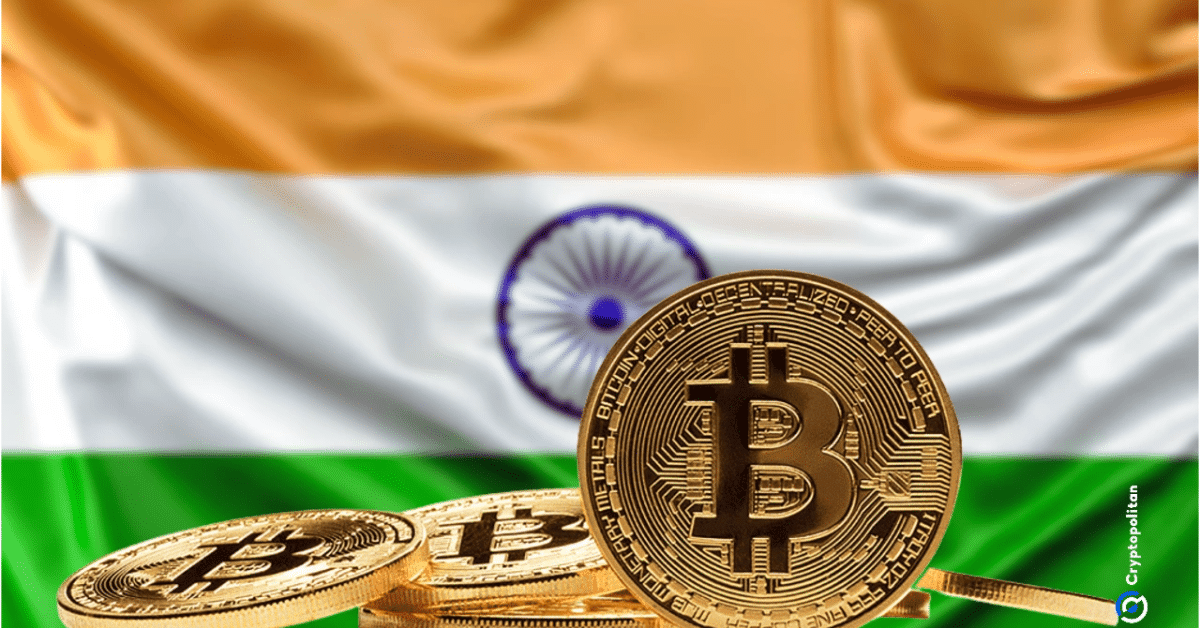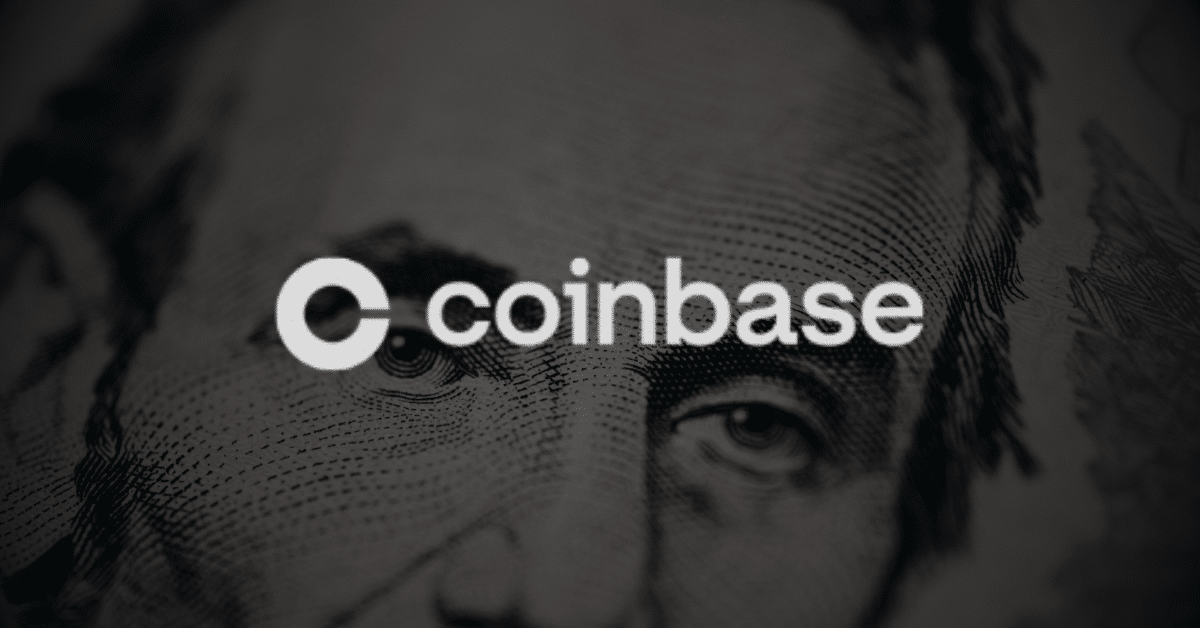Key Takeaways
- India’s Supreme Court wants the central government to regulate crypto trading in the country, saying it’s long overdue.
- The apex Court questioned the government’s failure to regulate cryptocurrencies despite taxing them.
- Regulatory bodies are still divided on the legality or otherwise of cryptocurrency trade in the country.
The India Supreme Court has questioned the central government’s prolonged inaction regarding regulating crypto trading in the country, claiming the lack of a clear regulatory framework created fertile ground for the misuse of digital assets.
According to the Supreme Court, the unregulated Bitcoin trading had become “nothing but a more polished form of Hawala,” referring to an illegal informal money transfer method in the region.
Court Seeks Clarity
The remarks were made on Monday by a bench comprising Justices Surya Kant and N. Kotiswar Singh and Solicitor General Aishwarya Bhati, who appeared on behalf of the Centre during a bail hearing for a man accused of unlawfully trading Bitcoin in Gujarat. The bench stated:
“Why does the Centre not develop a clear-cut policy on regulating cryptocurrency? There is a parallel under-market for it, and it can affect the economy. By regulating the cryptocurrency, you can monitor the trade.”
The India Supreme Court bench reminded the government that two years ago, the court sought clarity and urged the government to regulate crypto trading in the country. The court is still awaiting a response.
Looking the other way
According to the judges, a decision to ban cryptocurrencies outright would be unwise since newer financial mechanisms were evolving globally, but some form of regulation was needed. The apex court added that the government’s failure to regulate the space amounted to turning a “blind eye” to a pressing issue.
Earlier this month, the Supreme Court also flagged the central government for failing to set a set of laws to regulate crypto trading. The court then expressed a deep concern, stating that lack of regulation would render Bitcoin transactions similar to Hawala operations. Speaking on the issue, Justice Kant went further and asserted that at the moment:
“Trading in bitcoin is an illicit trade more or less like a Hawala business […] tomorrow, somebody will ask me, you please prove—what is the asset? How are we going to prove it?”
Regulate What You Have Recognized
According to the defense, a 2020 Supreme Court ruling overturned a Reserve Bank of India (RBI) circular banning banks from handling crypto transactions, effectively legitimizing cryptocurrency trading and weakening the charges against the accused. Justice Surya Kant reportedly said during a recent hearing about an ongoing Bitcoin transaction investigation. He stated:
“This is a whole parallel economy running with such coins, and it is a danger to the economy of the country,”
Kant further wondered how the government had implemented crypto taxation but still failed to regulate the space. The judge said
“If you can tax it at 30%, also please regulate it as you have recognized it by taxing it.”
Conclusion
The journey to regulate crypto trading in India has been in limbo since a 2019 draft bill proposed banning private tokens and introducing a central bank digital currency. Even without a formal law recognizing BTC, the government began taxing crypto in 2022—imposing a 30% gains tax and 1% TDS—treating it as a speculative asset without legal status. Currently, regulatory bodies remain divided: The Securities Exchange Board of India (SEBI) is open to supervising crypto, while the RBI continues to oppose it, citing financial stability concerns.
Frequently Asked Questions
Is crypto trading legal in India?
Owning and trading cryptocurrency is legal, and profits on trades are taxable under the law, but the government hasn’t formally enacted a law recognizing cryptocurrencies.
Can I sell crypto in India?
While there’s no law explicitly recognizing crypto in India, you need to be aware of the tax implications if you’re selling crypto in India. Profits made from trading crypto for crypto are subject to a flat 30% tax – with no exceptions.
What is the penalty for crypto in India?
The Virtual Digital Assets (VDAs) law classifies crypto as undisclosed income under the Income Tax Act. This means that if unreported crypto gains are detected during an income tax raid or inquiry, tax authorities can levy a 60 percent tax along with a hefty 50 percent penalty on the tax amount.























